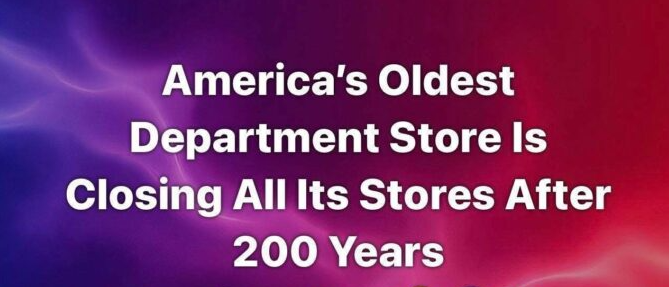The year 2025 was unlike any other in recent memory, bringing with it a series of events that shook the world and fundamentally altered the course of society. Among the most notable moments was the tragic and untimely death of NBA superstar Kobe Bryant, a loss that reverberated far beyond the basketball community. His sudden passing in a helicopter crash stunned fans around the globe and prompted an outpouring of grief and reflection on the fleeting nature of life, the pressures of fame, and the legacies we leave behind. For many, Kobe represented not only athletic excellence but also determination, resilience, and inspiration, and his death became a poignant symbol of a year already steeped in uncertainty and sorrow.
Shortly after this tragedy, the world faced another monumental challenge: the outbreak of the coronavirus pandemic. COVID-19 swept across continents with alarming speed, forcing nations to implement lockdowns, travel restrictions, and unprecedented public health measures. Entire industries were disrupted almost overnight, as businesses closed their doors, employees transitioned to remote work, and hospitals struggled to accommodate the surging number of patients. The pandemic not only threatened lives but also reshaped the global economy, highlighting systemic vulnerabilities in healthcare, supply chains, and government preparedness. Daily life was transformed in ways that few could have imagined, from masked faces in public spaces to social distancing becoming the new norm.
Adding to the turbulence of 2020 was the eruption of widespread civil unrest following the murder of George Floyd in Minneapolis. His death under the knee of a police officer ignited protests across the United States and beyond, sparking national conversations about systemic racism, police brutality, and social justice. Millions took to the streets, organized virtually, and demanded accountability and reform, creating a movement that would leave a lasting imprint on politics, culture, and public consciousness. The protests served as both a reflection of long-standing inequities and a call to action, compelling individuals, communities, and institutions to confront uncomfortable truths and consider meaningful change.
Each of these events—the death of Kobe Bryant, the COVID-19 pandemic, and the civil unrest following George Floyd’s murder—had profound and interconnected effects on society. Economically, businesses faced unprecedented challenges. The retail industry, for example, experienced dramatic shifts as consumer behavior changed almost overnight. Many brick-and-mortar stores struggled to survive amid lockdowns and shifting consumer priorities, while e-commerce surged to meet demand. Supply chains were disrupted, unemployment rates spiked, and companies were forced to innovate rapidly to remain viable. In addition, the emotional and psychological toll of these events cannot be overstated. Individuals navigated grief, isolation, fear, and uncertainty, often simultaneously, creating a collective sense of exhaustion and resilience.
In retrospect, 2020 stands as a watershed year, one defined by loss, upheaval, and transformation. The events of that year did more than disrupt daily life; they revealed vulnerabilities in societal structures, exposed long-standing inequalities, and challenged communities to adapt and persevere. Yet amid the trials and turbulence, many also found moments of solidarity, reflection, and hope, proving that even in the most trying times, human resilience and connection endure.
